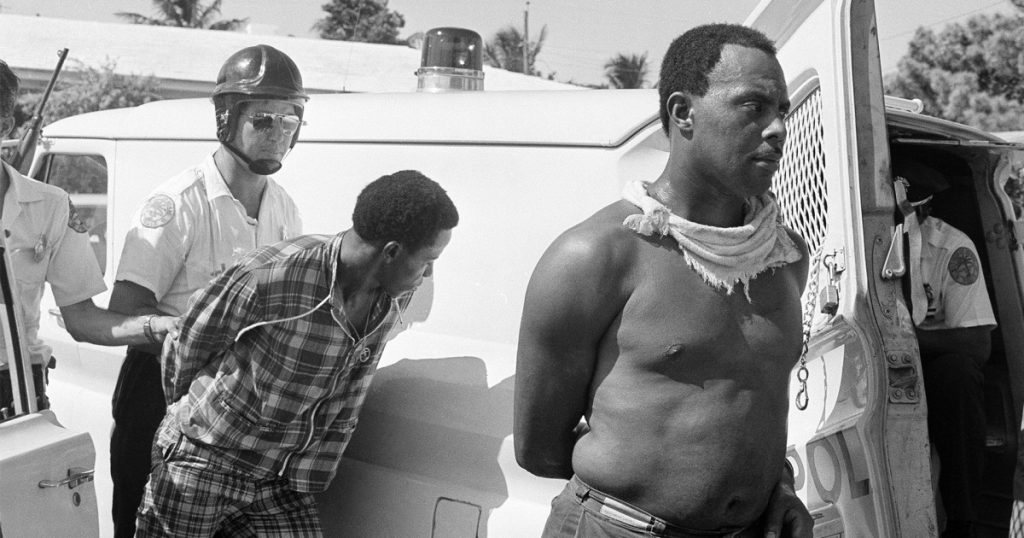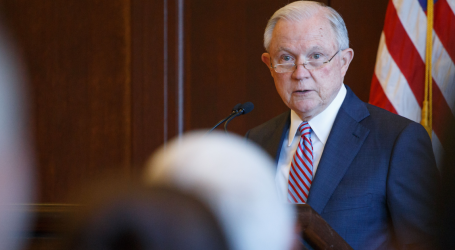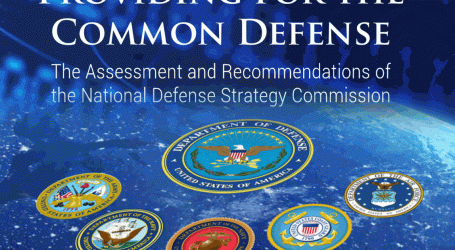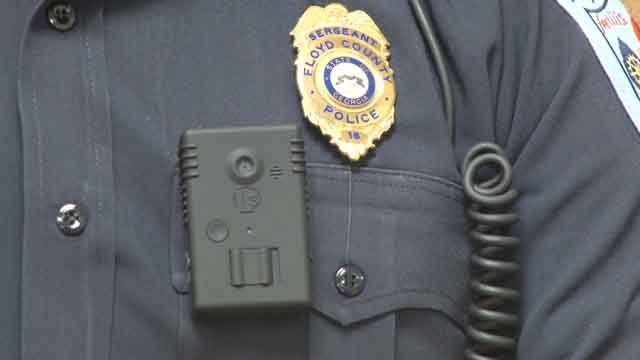Why Trump’s “Looting” Tweet Was Even Worse Than You Thought
For indispensable reporting on the coronavirus crisis and more, subscribe to Mother Jones’ newsletters.For Donald Trump, Friday began as many days do: with an eruption of controversy on Twitter. In a tweet, the president referred to Minneapolis protesters as “THUGS” and added, “Just spoke to Governor Tim Walz and told him that the Military is with him all the way. Any difficulty and we will assume control but, when the looting starts, the shooting starts.” Twitter promptly flagged Trump’s tweet with a disclaimer—for the second time this week—saying it violated the social media site’s rules about glorifying violence.
Trump’s words of choice, as activists pointed out, also have a racist history. The phrase “when the looting starts, the shooting starts” originated from Miami police chief Walter Headley in the 1960s. The Washington Post‘s Michael S. Rosenwald explains:
In late 1967, as armed robberies and unrest gripped black neighborhoods in Miami, the city’s white police chief — a tough-talking former U.S. Army Cavalry officer who parted his hair straight down the middle — held a news conference “declaring war” on criminals.
The police, Chief Walter Headley warned, would use shotguns and dogs at his command. And then he uttered the phrase that President Trump drew from Friday morning on Twitter to denounce the unrest in Minnesota and elsewhere fueled by deadly police brutality.
“I’ve let the word filter down that when the looting starts, the shooting starts,” Headley said.
Headley reportedly uttered the phrase again in 1968, amid three days of violence in Miami during the Republican National Convention. Headley was out of town when the violence occurred, but he told the New York Times his officers “know what to do”: “When the looting starts, the shooting starts.” (As Rosenwald writes, Headley referred to white officers under his command as “policemen,” while Black officers were to be called “patrolmen.”)
Hours after tweeting his initial remarks Friday, the president tried to walk them back, referring to his critics as “haters” and insisting that he simply meant that looting could escalate into violence—not that looters should be shot.
“It’s very simple, nobody should have any problem with this other than the haters, and those looking to cause trouble on social media,” he tweeted.





